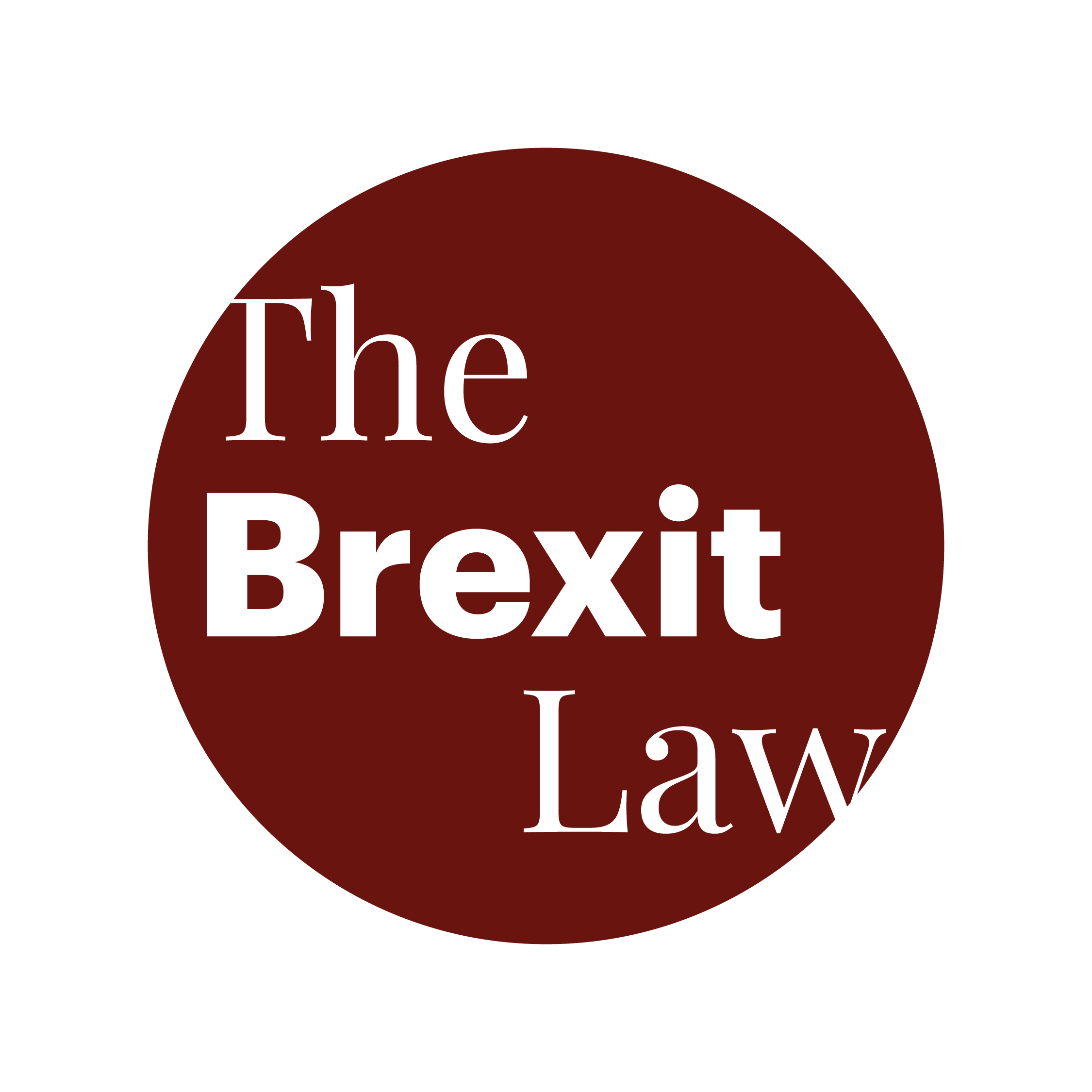What is the “Beckham Law”?
Similar to the UK’s non-Dom regime, the “Beckham Law” enable foreigners moving to Spain to elect being treated as non-Spanish tax residents, despite becoming de facto tax residents, and up for 6 years, becoming liable only for any income gained and assets held in Spain, leaving any other income and assets gained and held elsewhere non-taxed in Spain.
When does an individual become a Spanish Resident for Tax Purposes?
Individuals who either spend 183 days or more in Spain during a calendar year or their main base or centre of activities or economic interests is in Spain, will be deemed Spanish Tax residents unless proven otherwise. This is the case when the spouse and underage dependent children's taxpayers permanently reside in Spain. However, this test normally applies as a tie breaker rule to determine in which country the taxpayer must be considered tax resident, when interpreting a double taxation agreement between two countries.
It should be noted that being Spanish resident for tax purposes do not necessarily translate to being Spanish resident for immigration purposes. For example, a foreigner may enjoy Spanish permanent residency and yet not become Spanish tax resident.
What are the benefits of the Beckham Law?
Spanish Tax Residents pay taxes at a progressive tax rate from 19% to 47% on their worldwide income. In contrast, Non-Spanish Tax Residents - and therefore those having gained Non-Spanish Tax Resident status under the Beckham Law - pay taxes at a flat rate of 24 % up to the amount of 600,000 Euros and of 45% thereafter on their Spanish income, leaving any income gained outside Spain to be levied at the corresponding foreign jurisdiction.
Employment or work-related income is deemed to be obtained in Spain when working remotely from Spain, despite the employer or paying party being located outside Spain.
Is Spanish Wealth Tax payable by taxpayers who pay taxes under the Beckham Law?
In those Spanish regions where wealth tax has not been abolished, it is levied on the assets held by the taxpayer on 31 December, the accrual date, provided that the net value of the taxpayer's assets exceeds 700,000 Euros.
Spanish tax residents are subject to wealth tax on their worldwide net assets, whereas non-Spanish tax residents - and therefore those who have obtained non-Spanish tax resident status under the Beckham Law - are subject to wealth tax only on their assets located in Spain.
In this regard, it should be noted that for tax period 2022 onwards, shareholdings which at least 50% of the total assets of the company consists, directly or indirectly, of properties located in Spain, are subject to wealth tax.
What are the enhancements that the Spanish Start-Up Law introduces to the Beckham Law?
-
Tax exemption for remuneration in kind.
Under the former redaction of the Beckham Law, only taxpayers paying taxes as Spanish tax residents, were able to exempt tax on certain income received as remuneration in kind. However, under the new redaction of the Beckham Law pursuant to the amendments introduced by the START-UP LAW, such exemption is extended to non-Spanish tax residents and, therefore, to those within the scope of the Beckham Law.
An example of work in kind that is exempt is the provision of education services for employees' children.
Extending the scope of its application.
The START-UP LAW extends the scope of the application of the Beckham Law, allowing Digital Nomads, Highly Qualified Professionals, and those who provide services in the fields of research an innovation, paying taxes under the Beckham Law regime, provided they meet certain requirements.
In addition, the START-UP LAW also extends the scope of the application of the Beckham Law regime to the taxpayer's family members.
- The requirement of not having been Spanish resident prior to applying for the Beckham Law tax regime is reduced from 10 to 5 years.
Who is eligible to apply for the Beckham Law Tax Regime?
- Professionals relocated to Spain because of an employment contract.
Company’s director.
This special tax regime continues to apply to those who relocate to Spain because of being appointed Director of a company. However, whereas under the former redaction of the Beckham law the director was required not to participate in the company (nor to hold shares), or if they were could not be deemed to be connected to that company, according to the criteria established in Article 18 of the Spanish Corporate Tax Act, under the new redaction this limitation is now removed unless the company is a real estate holding company.
- Those who have obtained the Spanish Digital Nomad Visa.
- Professionals relocated to Spain to carry out an activity qualified as an entrepreneurial activity according to Article 70 of the Supporting of Entrepreneurs and their Internationalization Law.
- Highly qualified professionals relocated to Spain to provide services to Start Ups that has been certified as innovative by ENISA.
- Professionals relocated to Spain to provide services in the fields of research development and innovation, provided the income they receive from those activities exceeds 40 % of their total income.
Taxpayer’s family members.
Under the former redaction of the Beckham Law, family members of the main taxpayer who pay taxes benefitting from the Beckham Law regime, could not benefit from it. Under its new redaction introduced by the Start-Up Law, the spouse and the children (under 25) of the said main taxpayer, as well as any disabled dependants regardless of age, can pay taxes under the Beckham Law regimen, so long they meet certain requirements.
When can a taxpayer apply for the Beckham Law regime?
The deadline to apply for the Beckham Law is established by the following rules:
Transitional provision: Deadline 16th of June 2024.
On 5th December of 2023, the Spanish Government approved the Royal Decree 1008/2023, which established a transitional provision which consists on those individuals who became Spanish resident for tax purposes, in 2023 as a result of relocating to Spain in the same year or in second semester of 2022, can apply to pay taxes under the Beckham Law rules by making an application before 16th of June 2024.
Those taxpayers who moved to Spain because of an employment contract or after obtaining the Spanish digital nomad visa, can apply for the Beckham Law regime within 6 months from the date that the activity to be carried out in Spain, is registered at the Spanish social security system or in the documentation that allows the foreign Social Security to be maintained.
If there is no obligation to register with the social security system, the 6-month period is counted from the date of commencement of the activity.
Professionals who relocated to Spain to carry out an activity qualified as an entrepreneurial activity according to Article 70 of the Supporting Entrepreneurs and their internationalization Law, can apply for the Beckham Law regime within 6 months from the date they entered in Spain.
Written by Laura Gallego Herráez
Scornik Gerstein LLP is a fully UK regulated firm (SRA’s registration number 565232) with £3 million professional negligence cover for our client’ peace of mind.





